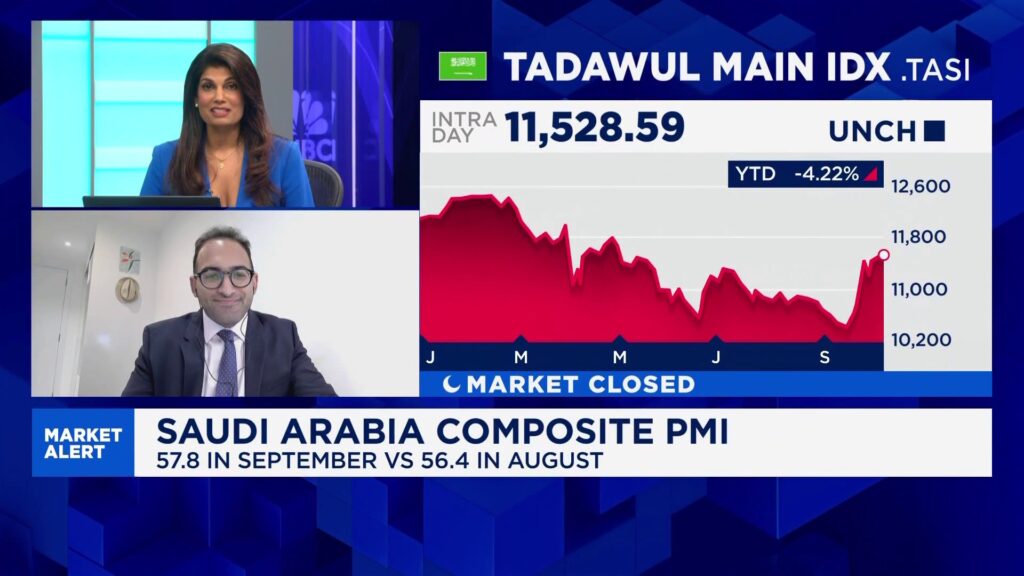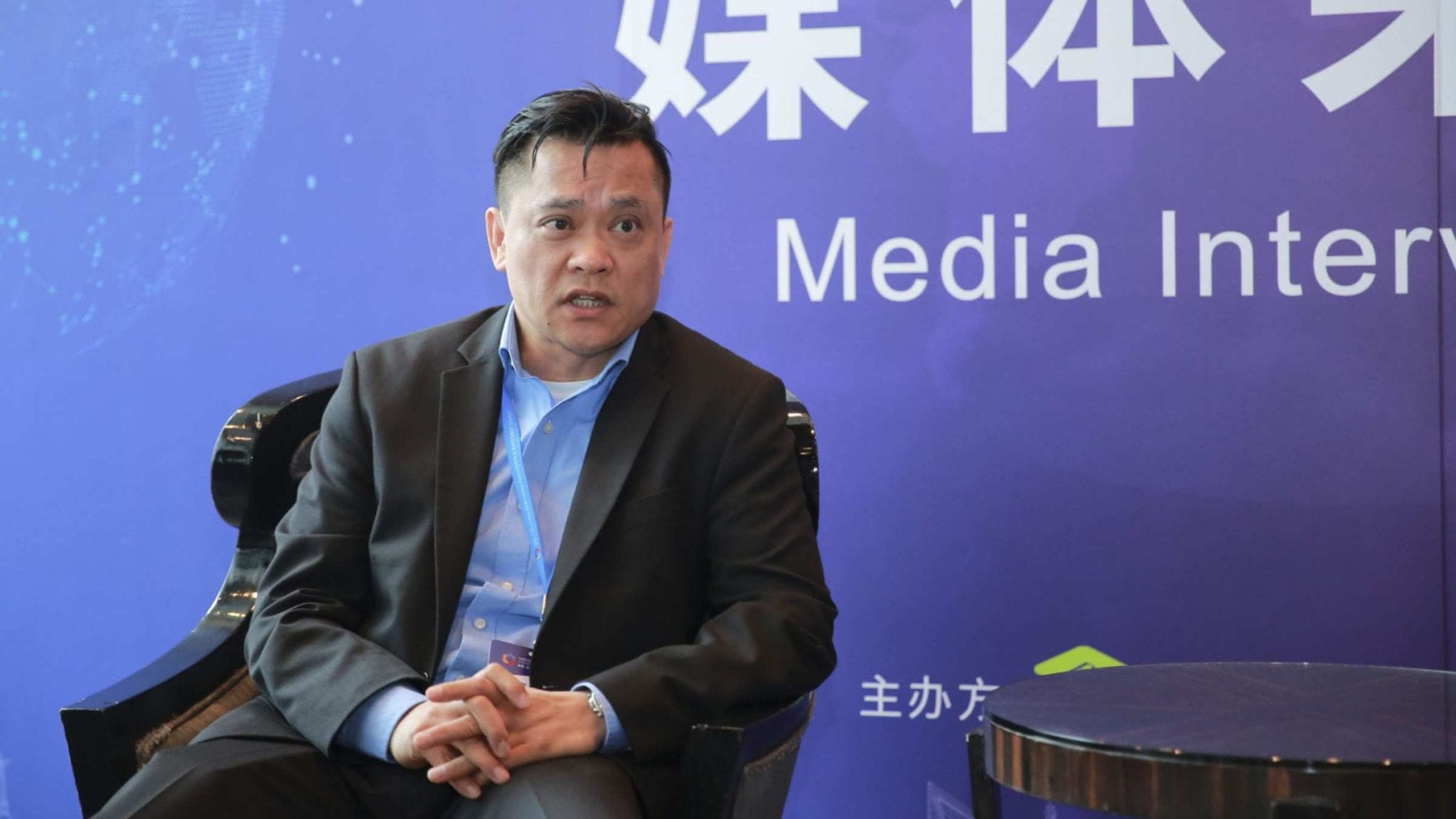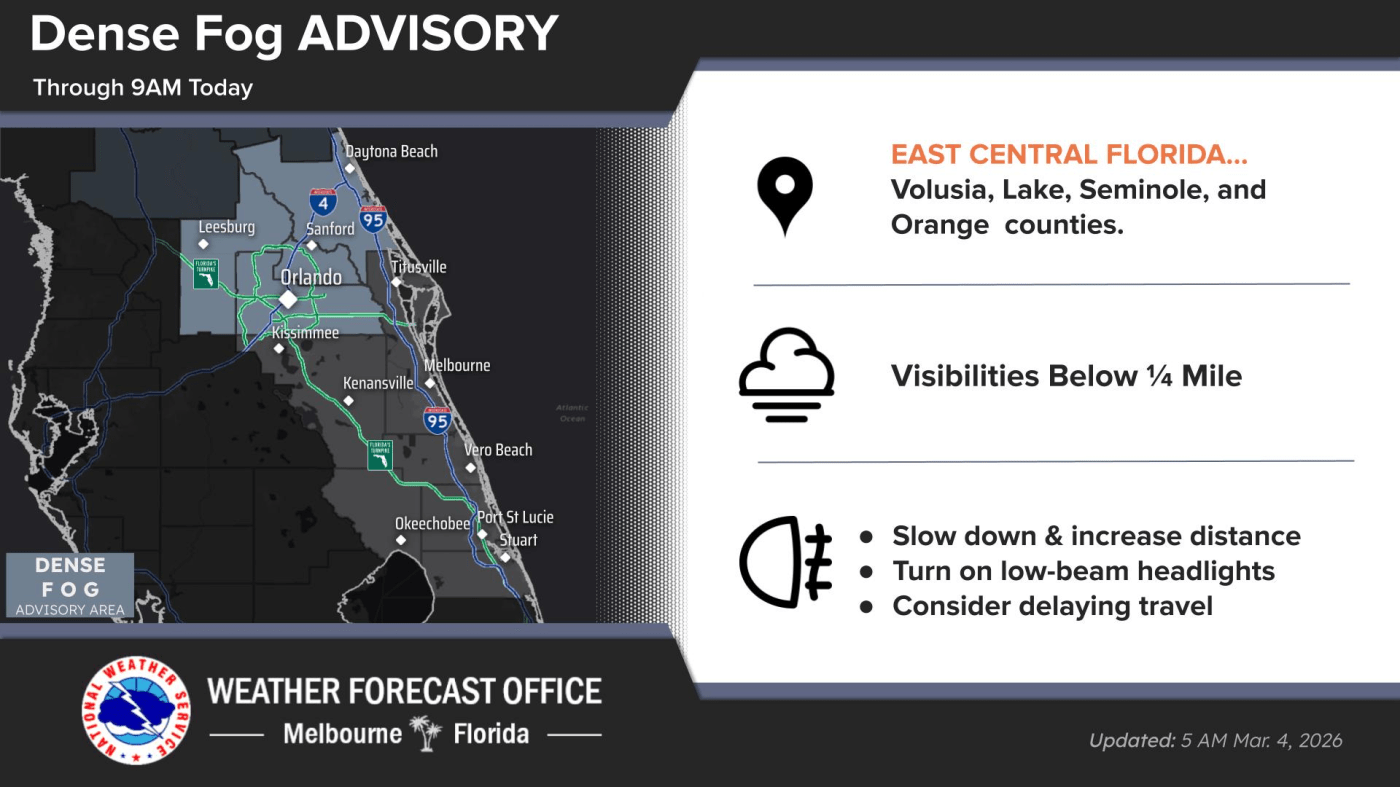
Recent data from the Purchasing Managers’ Index (PMI) indicates a positive shift in the economic landscape of the Gulf region. According to a report from TS Lombard, the Gulf Cooperation Council (GCC) nations are witnessing notable improvements in their economic diversification efforts, particularly in countries like the United Arab Emirates (UAE), Saudi Arabia, and Qatar. The latest PMI figures reflect a strengthening of business conditions across these nations, signaling a move away from traditional oil dependency.
As of October 2023, the composite PMI for the GCC region reached a significant 54.5, marking an increase from previous months. This score, which is above the neutral 50.0 mark, suggests that the private sector in the region has expanded. The report highlights that both the UAE and Saudi Arabia have shown remarkable resilience, driven by robust growth in non-oil sectors.
Sector-Specific Growth and Future Outlook
The construction and services sectors have been particularly dynamic. In the UAE, the construction sector has benefited from ongoing infrastructure projects, spurred by major events such as Expo 2020 and various tourism initiatives. In Saudi Arabia, the Vision 2030 plan continues to play a crucial role in diversifying the economy, with investments in entertainment, technology, and renewable energy.
Qatar’s economic landscape is also undergoing transformation, with significant investments aimed at bolstering its non-hydrocarbon economy. According to TS Lombard, the country’s efforts to attract foreign direct investment have started to bear fruit, contributing to the rise in business confidence.
The PMI data suggests that companies within the GCC are increasingly optimistic about future growth. Business sentiment across the region has improved, with many firms expecting increased output and hiring in the coming months. This trend is underscored by a rise in new orders, which is a key indicator of future economic activity.
Challenges Ahead for Sustainable Growth
Despite these positive trends, challenges remain. The ongoing geopolitical tensions and fluctuations in global oil prices pose risks to sustained economic growth. TS Lombard emphasizes the need for GCC countries to continue their diversification strategies to mitigate these vulnerabilities.
Furthermore, the region is grappling with the effects of inflation and supply chain disruptions, which could impact business operations and consumer spending. As such, maintaining the momentum of economic diversification will be critical for long-term stability.
In conclusion, the latest PMI figures present a promising picture of the Gulf region’s economic transformation. With strategic investments and a focus on diversifying beyond oil, the GCC nations are positioning themselves for a more resilient future. According to TS Lombard, continued commitment to these initiatives will determine the region’s success in navigating the complexities of the global economy.







